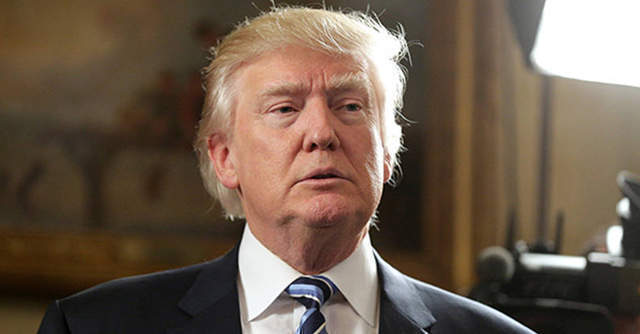
Donald Trump’s fresh restrictions on H-1B to likely hurt US economy: NASSCOM


The US administration’s move to bar the entry of foreign skilled labour by suspending work permits is likely to adversely impact its local economy, Indian information technology lobby body National Association of Software and Service Companies (NASSCOM) said.
US President Donald Trump on Monday announced the suspension of H-1B and other work visas until December in a bid to protect domestic workers in the face of rising unemployment.
NASSCOM has sought a reduction in the suspension of work visas to 90 days. According to the trade body, the current restrictions will put cost pressures on US companies recovering from the economic fallout of the Covid-19 pandemic.

“We hope that the (US) administration will rethink its stated plans to move forward on a series of regulatory changes that would place additional restrictions and costs on visa programmes while doing little more than amplifying the harm already being done to the US economy,” the lobby body said in a statement.
US trade bodies including, the US Chamber of Commerce, the American Medical Association, Compete America, the National Association of Manufacturers, and the Association of American Universities have also spoken out against the restrictions, the statement said.
Separately, Alphabet and Google CEO Sundar Pichai expressed his disappointment about the decision on microblogging platform Twitter.
Immigration has contributed immensely to America’s economic success, making it a global leader in tech, and also Google the company it is today. Disappointed by today’s proclamation - we’ll continue to stand with immigrants and work to expand opportunity for all.
— Sundar Pichai (@sundarpichai) June 22, 2020

Jyoti Bansal, the founder of app monitoring platform AppDynamics (which was eventually sold to Cisco), said that the move will impede the enterprise forming cycle in the US.
In addition to Indian IT companies such as Infosys, Tata Consultancy Services and Tech Mahindra, US-based firms including Microsoft, Twitter and Amazon rely heavily on foreign talent and employ Indian graduates on H-1B visa.
The unemployment rate for computer professionals fell from 3% in January 2020 to 2.8% in April 2020, NASSCOM said citing Bureau of Labor Statistics’ Current Population Survey.

Ths US economy added 2.5 million jobs in May but there are still many more citizens unemployed and eager to return to the workforce, which is a top priority for the government, secretary of labour Eugene Scalia said in a separate statement.
“The President’s actions today are supported by important actions being taken at the Department of Labor to reform the H-1B visa program. The department is strengthening wage protections and addressing abuses in the H-1B program, such as when non-US workers are hired by one company to displace US workers at another company,” he added.
Over the years, the US has reduced the rate of approval for the H-1B visas. However, in the first two quarters of the fiscal year starting October 1, 2019 and ending on September 30, 2020, the administration has approved 67% of the completed applications, higher than 60% approval rate last year, data with the US Citizenship and Immigration Services showed.

